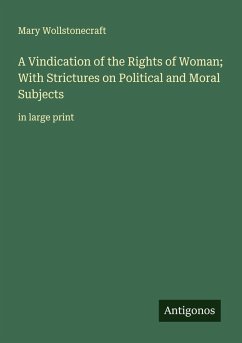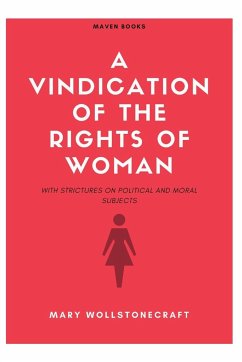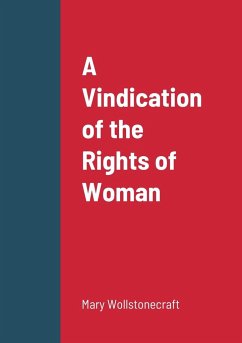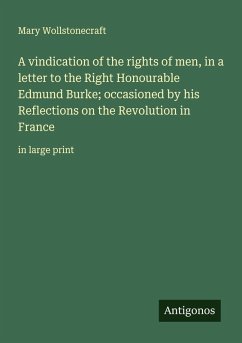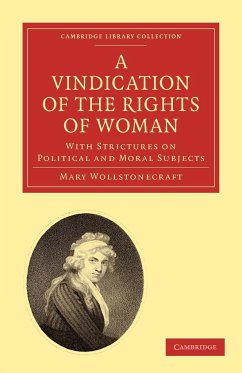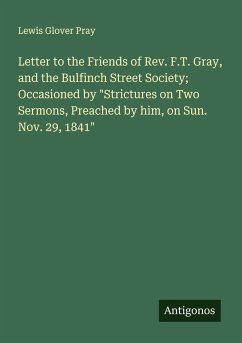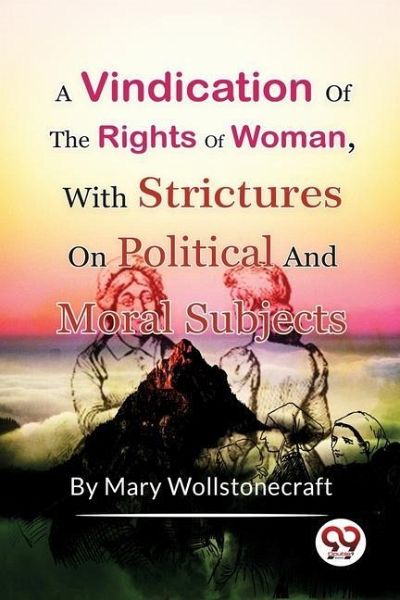
A Vindication of the Rights of Woman,With Strictures On Political And Moral Subjects

PAYBACK Punkte
12 °P sammeln!
One of the oldest works of feminist philosophy is A Vindication of the Rights of Woman: with Strictures on Political and Moral Subjects (1792). According to Mary Wollstonecraft, women should get an education appropriate to their social standing.Wollstonecraft addresses the political and educational philosophers of the 18th century who opposed women receiving an education. She contends that women should receive an education appropriate to their standing in society since they teach the country's children and because they have the potential to be "companions" to their husbands rather than mere wi...
One of the oldest works of feminist philosophy is A Vindication of the Rights of Woman: with Strictures on Political and Moral Subjects (1792). According to Mary Wollstonecraft, women should get an education appropriate to their social standing.Wollstonecraft addresses the political and educational philosophers of the 18th century who opposed women receiving an education. She contends that women should receive an education appropriate to their standing in society since they teach the country's children and because they have the potential to be "companions" to their husbands rather than mere wives. Wollstonecraft asserts that women are human beings deserving of the same fundamental rights as men, rejecting the idea that they are decorations for society or something to be exchanged in marriage.Wollstonecraft uses a variety of parallels to convey the situation of women in society.





